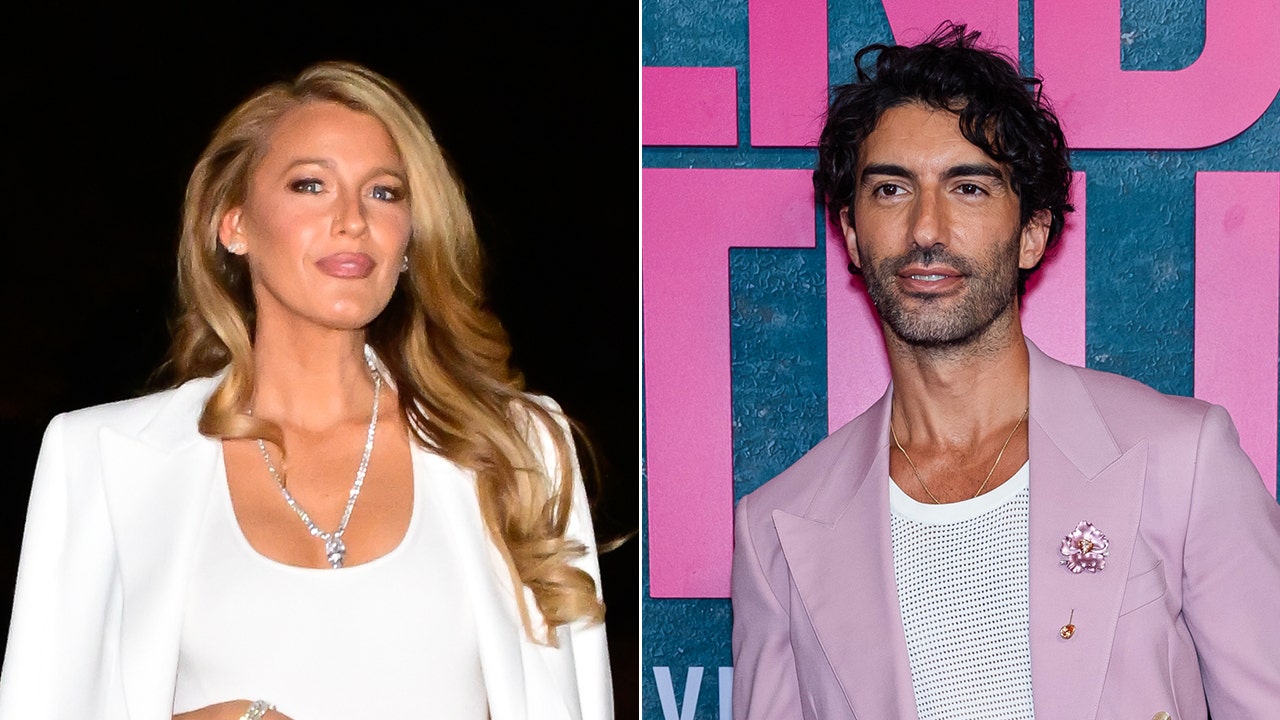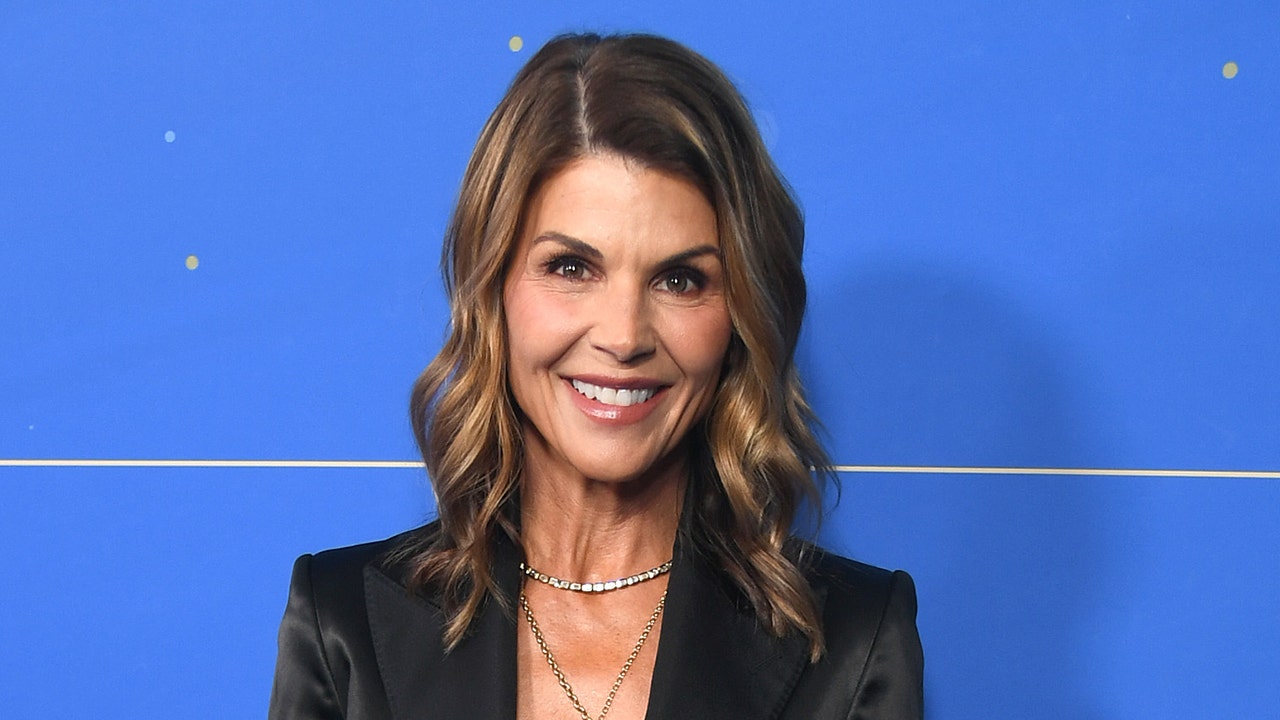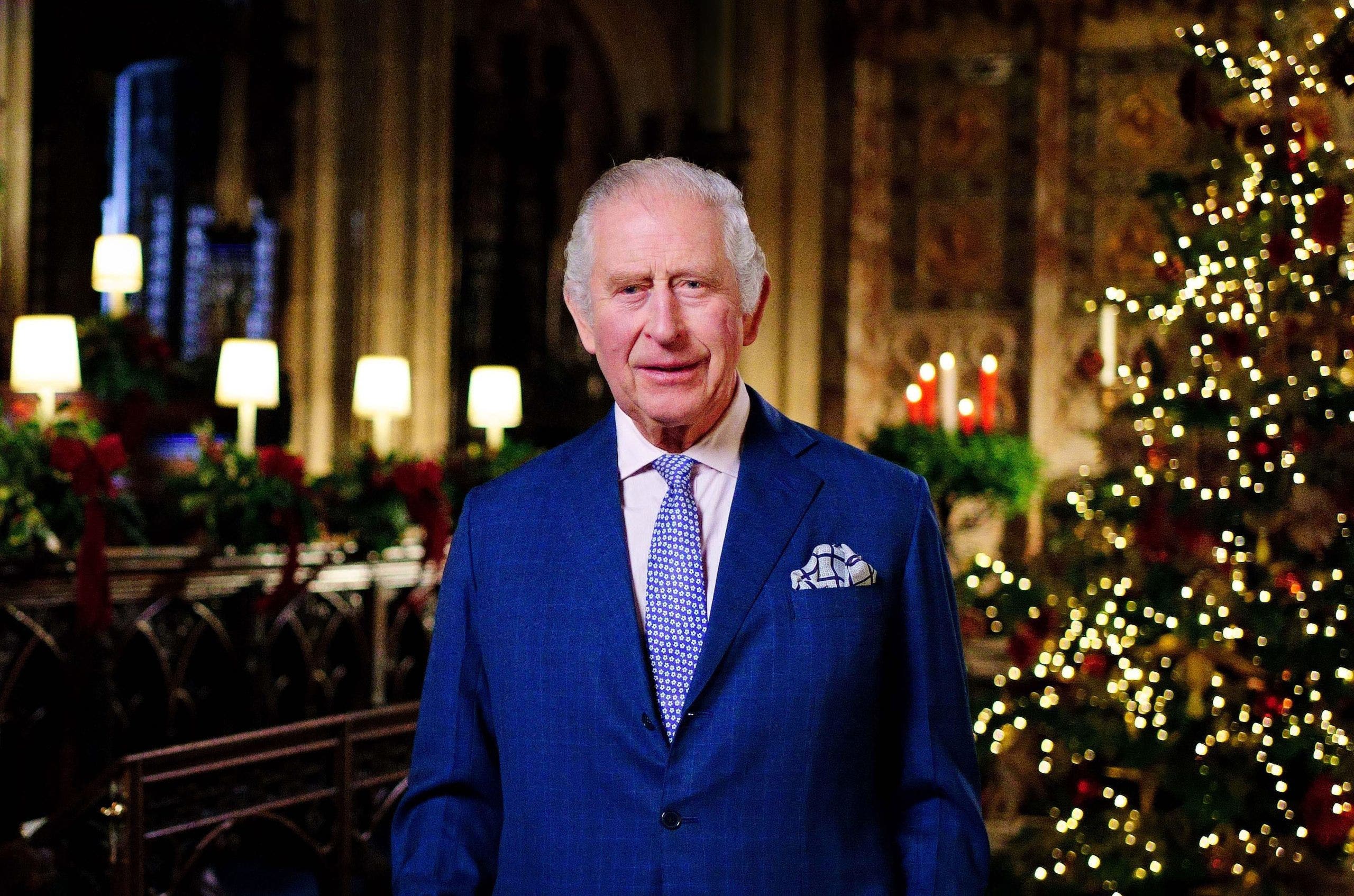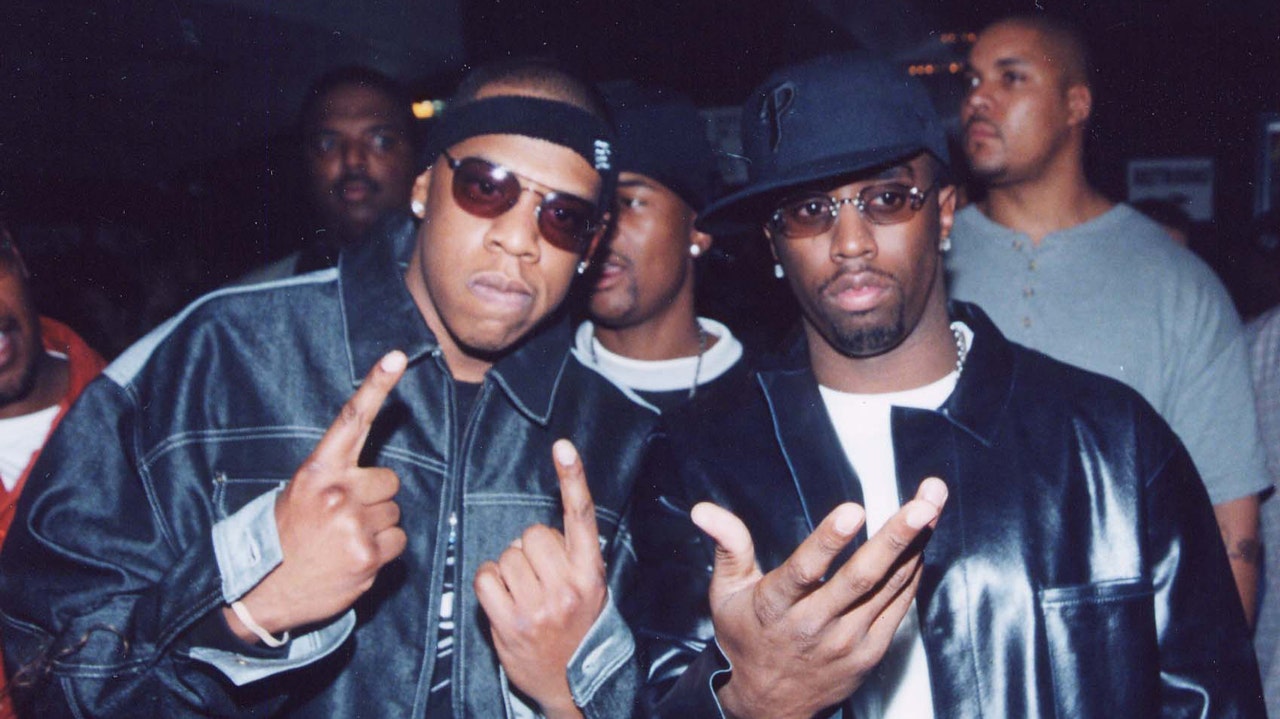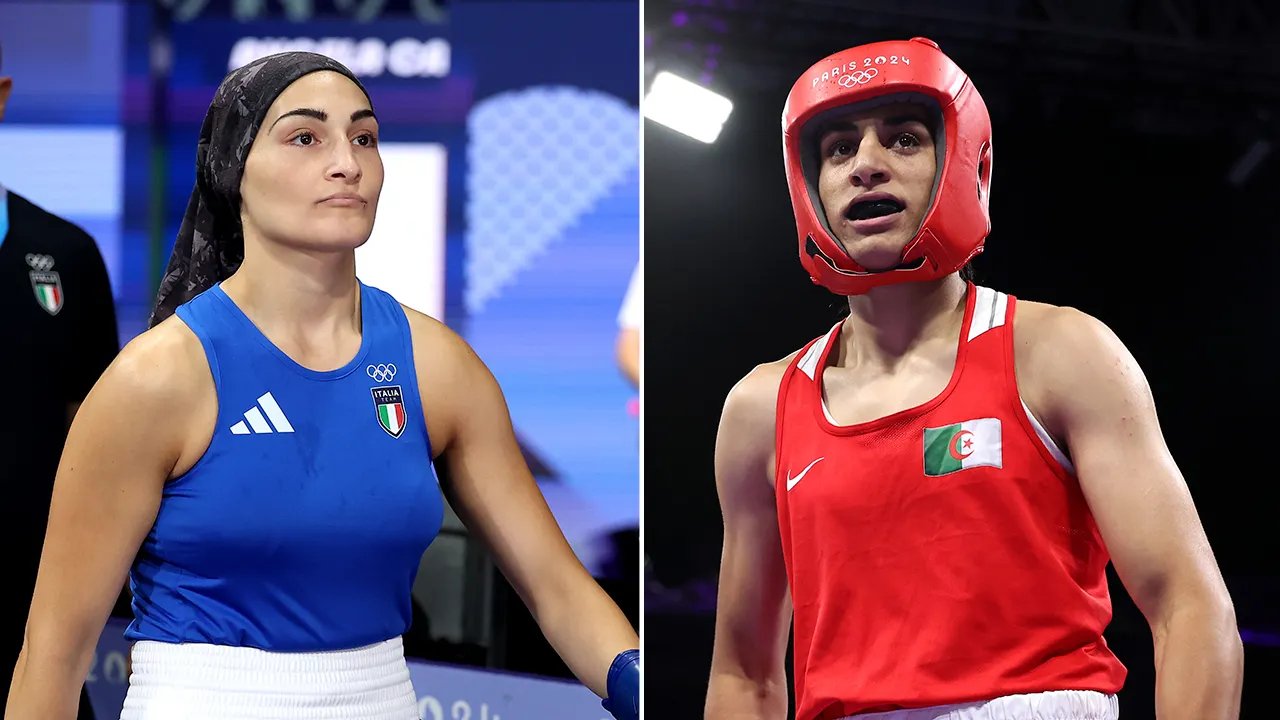The Complicated Intersection of Gender and Sports
The realm of sports has always been a microcosm of society, reflecting its evolving norms and values. Recent discussions around gender in sports have been particularly emotive, igniting debates that traverse the lines of fairness, safety, and the essence of competition. An instance that has brought these issues to the spotlight involved the Olympic boxing match between Angela Carini from Italy and Imane Khelif from Algeria, raising questions that linger in audiences’ minds across the globe.
Understanding the Latest Olympic Controversy
During the summer of 2024, the Olympic Games in Paris became the backdrop for a highly charged confrontation. Carini stepped into the ring, trained and hopeful, only to find herself matched against Khelif, a fighter who has previously encountered controversy regarding the nature of her gender. Khelif was deemed "biologically male" by certain standards, morphing this contest into one not merely of talent but of identity and societal expectations.
Critics of this matchup quickly voiced their concern. The boxing community, echoing sentiments from advocates of women’s rights in sports, has expressed unease about the implications of allowing individuals with male biological characteristics to compete against females. The controversy stems from the understanding that testosterone levels and physicality could create discrepancies in competition fairness, particularly in contact sports like boxing, where physical strength is paramount.
Reactions from Athletes and Spectators
The aftermath of this bout was resonant with raw emotion. Angela Carini, who had dedicated years of intense training, found herself overwhelmed within a mere 46 seconds. Reports indicated her confusion and pain as she landed punches from Khelif, feeling the weight of a contest that felt unjust. A cry of anguish from Carini, stating "This is unjust," resonated deeply with many viewers. Observers began to reflect on the implications of such matches.
This incident was not isolated; it mirrored nuances observed across various women’s sports, where female athletes have voiced concern over their competitive integrity. They have often been dismissed or met with aggression when advocating for their rights. Riley Gaines, a swimmer who has competed against trans athletes, found herself facing a hostile crowd during her advocacy events—highlighting the uncomfortable intersection of gender identity and women’s spaces in athletics.
The Broader Context of Gender in Sports
The dichotomy between biological and chosen gender brings forth intense debates about inclusion and the integrity of women’s sports. While inclusion aims to ensure all individuals can participate in sports, it raises critical questions about safety and equal opportunity. For many athletes, the recent shifts in policies regarding transgender athletes competing in women’s divisions feel like a betrayal of the hard-fought battles for equality, recognition, and fairness.
High-profile figures, such as UFC commentator Joe Rogan, have highlighted these dilemmas in mainstream discussions, posing thought-provoking questions regarding the physiological advantages inherent in biological differences. His observations have contributed to a wider discourse that demands respect for both the identities of all competitors and the rights of female athletes.
Seeking Compromise and Understanding
As conversations continue to unfold about this contentious topic, it is vital to seek common ground. Striking a balance between inclusion and fair athletic competition requires thoughtful dialogue, understanding both sides’ challenges. How can sports remain a space for all while ensuring the competition is fair?
Efforts to navigate this complicated terrain are underway, as governing bodies like the International Olympic Committee examine policies concerning gender and competition. The need for scientific data, clear guidelines, and a commitment to athlete safety and fairness has never been more pressing.
The Path Ahead
As society grapples with these discussions, let’s remember that the heart of sports lies in competition and respect. The recent Olympic boxing match serves as a potent reminder of the complexities faced by athletes in today’s world. The need for compassionate discussions, evidence-based policies, and recognition of women’s rights in sports is clear and urgent. Undeniably, the journey forward will require courage, empathy, and an unwavering commitment to justice for all athletes, regardless of gender. The echoes of Carini’s plea for justice ring loud, urging us to listen, understand, and act thoughtfully.


























